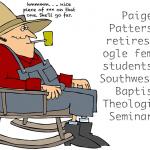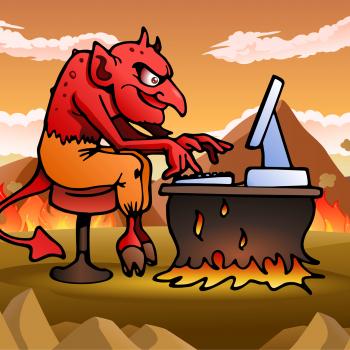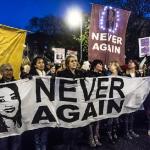On Memorial Day, it is time to remember those who died so that we as a nation may continue this unusual experiment in self-governance called democracy. History has few examples for us to follow as we pursue the ongoing task of weaving the delicate fabric of freedom around forces that push us into less-free spaces.
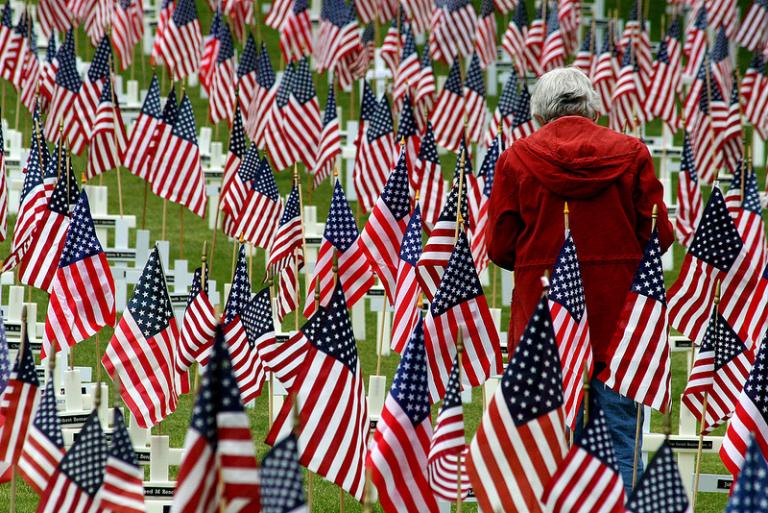 Our memories make us, inform us, shape us. Sometimes they fill us with the warm glow of love given and returned, of special joys and experiences. Sometimes they burden us with a sense of obligation or make us cringe with shame.
Our memories make us, inform us, shape us. Sometimes they fill us with the warm glow of love given and returned, of special joys and experiences. Sometimes they burden us with a sense of obligation or make us cringe with shame.
Our memories guide our decisions. We reach into them to sort and categorize the world around us. Although memories are often not factual witnesses to our experiences, we still rely on them to help us discern who to trust and distrust. Our memories help us navigate the world, retrieve our passwords, find the car keys, recognize voices of loved ones, engage in productive work.
Now, Memory Monday has arrived-better known as Memorial Day. So, will we stop and remember?
Will we honor the memories of those upon whose sacrificial deaths we stand today? Unfortunately, I fear these crucial memories are rapidly fading into oblivion like a Facebook “like” or a fleeting blog post. Many see this weekend only as an extra welcome day off and enjoyable way to kick off summer relaxation time.
But when we forget those names, those sacrifices, we become poorer for it and lose the guiding power of those memories.
On this specific weekend, it is time to remember those who died so that we as a nation may continue this unusual experiment in self-governance. History has few examples for us to follow as we pursue the ongoing task of weaving the delicate fabric of freedom around forces that push us into less-free spaces.
I am fascinated by how little people want genuine freedom. The historical books in the Bible speak powerfully to the draw toward the autocrat, the all-powerful god-leader. Exodus tells the story of Moses taking on the leadership role to free the utterly downtrodden and enslaved Hebrews from their Egyptian masters. “Come out of Egypt!” he calls. They follow . . . and land in a thirsty desert with no whip-snapping master to direct their movements.
The grumblings begin. Complaints start up nearly immediately. “We’re thirsty.” “We are hungry.” “You are a terrible leader, Moses.” “Back in Egypt, we had food and drink.”
Back in Egypt, they also had no freedom, labored endlessly and saw little reward except more poverty, more work, more oppression, more death, increasing despair. But they had some food and drink. More importantly, they didn’t have to make decisions for themselves. They didn’t have to consider what a government is for and how it should operate.
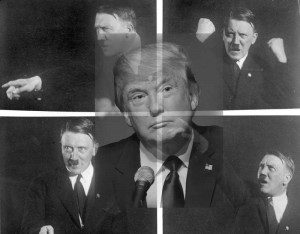 People are drawn toward autocratic leadership. Freedom, especially the kind of freedom necessary in a democracy with a capitalistic economic base, demands an inordinate amount of personal responsibility. The democratic ideal, a place with few rules—our original constitution is not a very long document, after all—insists that all participate in the processes that lead to both personal development AND the common good.
People are drawn toward autocratic leadership. Freedom, especially the kind of freedom necessary in a democracy with a capitalistic economic base, demands an inordinate amount of personal responsibility. The democratic ideal, a place with few rules—our original constitution is not a very long document, after all—insists that all participate in the processes that lead to both personal development AND the common good.
It has never worked very well, but it sure beats the alternatives. However, human laziness prefers more rules over fewer rules. More rules mean others make most of our decisions for us: where and how we will live, how many children will we have, the nature of our occupations, even the use of our leisure time. The more autocratic the society, the fewer the individual freedoms.
Societies founded on the idea that a common religion will be the source of rules tend to move nearly immediately to autocracy. Again, read the stories in the Bible about the early days as these former slaves sought to reorganize themselves around freedom—they quickly wanted the strong leader to make their hard decisions.
They wanted others to have to face God and interpret God’s commands. It’s just too scary to face God ourselves: others need to do this work, to serve as the buffer between God and people, to be the interpreters of Holy commands and demands.
But every extra piece of power given to the Great Leader means all individuals lose a small piece of their power.
It demands significant individual effort to live in a nation dedicated to freedom. Countless men and women have set their lives down as a sacrifice toward this unusual ideal. Every breath we freely breathe comes because they served and lost the right to breathe themselves.
Stop. Remember the dead. Participate in the religion of your choice—and do so because of their sacrifice. In the midst of your picnics and parties, the newly opened swimming pools and water parks, the BBQ’s and smoke pits, consider how you got here.
Never forget: democracy is fragile and inherently unstable. Without genuinely good people, motivated by a generous understanding of God and a love of integrity, moving toward the goal of unsullied public service, we, too, will perish on the ash heap of history as yet another failed experiment in self-governance.
And those we remember this weekend will have died in vain.
Photo credit: arbyreed on VisualHunt / CC BY-NC-SA
Photo Credit:
By Bundesarchiv, Bild 102-10460 / Hoffmann, Heinrich / CC-BY-SA 3.0, CC BY-SA 3.0 de, Link, modified by Christy Thomas


